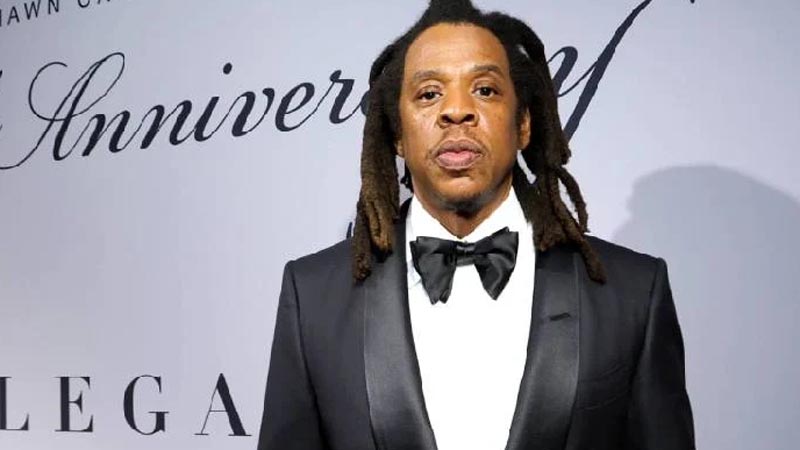Jay-Z Changes Legal Tactics as Judge Grants Rape Accuser Anonymity

(Monica Schipper/WireImage)
Jay-Z has shifted his legal strategy after a judge ruled that the anonymous plaintiff in a lawsuit against him, identified as “Jane Doe,” could remain unnamed for the time being.
The rapper’s attorney, Alex Spiro, has now filed documents disputing the case on a new basis, arguing that the claims fall outside the jurisdiction of New York’s gender-motivated violence statute.
According to Rolling Stone and Deadline, In a December 30 filing, Spiro contended that the alleged assault, which Doe claims occurred in September 2000, predates the December 2000 enactment of the Victims of Gender-Motivated Violence Protection Act.
“Plaintiff cannot recover for her sole claim… because the statute does not have retroactive effect,” Spiro argued, asserting that the law cannot be applied to incidents occurring before its establishment.
The lawsuit, filed earlier this month, accuses Jay-Z and Sean “Diddy” Combs of raping Doe at an MTV Video Music Awards afterparty when she was 13 years old. Both men have categorically denied the allegations.

Jay-Z’s earlier motion sought to have the case dismissed and to compel Jane Doe to reveal her identity. However, Judge Analisa Torres ruled that Doe could remain anonymous for now, while noting the decision could be revisited as the case progresses.
The case has garnered significant attention, with the allegations involving high-profile figures in the music industry. Both Jay-Z and Diddy have denied any wrongdoing and are preparing robust legal defenses.
Jay-Z’s current strategy focuses on the technicalities of the applicable law, with Spiro emphasizing the timing of the alleged incident as a critical factor. The defense argues that the claim cannot proceed under the cited statute because it does not apply retroactively.
The decision to allow Jane Doe to remain anonymous adds another layer of complexity to the case. Judge Torres’ ruling balances the plaintiff’s privacy concerns with the potential need for transparency as the lawsuit advances.
As the legal battle unfolds, the arguments over the application of the law and the handling of anonymity will likely play a significant role in shaping the outcome. Both parties remain steadfast in their positions, setting the stage for a contentious legal showdown.


